Beware scope creep
When thinking of tasks or projects or goals, it is useful to think about scope. The scope of a task or project means almost the same as its size, but with a bit more subtlety, because it is defined (by Oxford Dictionaries on Google) as ‘the extent of the area […] that something deals with.’ A task doesn’t really have a fixed size; it depends on what scope you are aiming for. If you are cleaning out one bathroom that will take a lot less time than if you are cleaning bathrooms for a whole corporate office. When we talk about making an MVP, we are often actually talking about aiming for a version of your original intended outcome with a much more restricted scope, so that it doesn’t take as long to make something that works and can be tested in the real world.
A closely related (and even more useful) term is ‘scope creep.’ This is the strong and very human tendency to want to add more to the original scope of a task, and it can be a major risk to ever actually finishing it.

Say I pick up a ticket from the board to tidy the coffee table. While doing it, I discover that some of the mess on the coffee table are plates which belong in the kitchen. When I get to the kitchen, I might think that it makes sense to quickly load the dishwasher while I’m there. When I finally return to the coffee table, I find that there is also some paperwork on it, which includes a form I need to fill in and post off. So I sit down and start doing that too. Then I need to recycle some packaging from a delivery that’s been left on the coffee table, but the recycling bin in the kitchen is full and I need to empty it into the bin outside.
On the one hand, doing all these extra jobs as part of cleaning the coffee table is good, it’s thorough, you get a lot more done. But on the other hand, it’s highly risky, especially if you have impaired executive functioning. You are taxing your working memory to keep track of all these tangents and what you were doing before you wandered off to a different task; you are taxing your motivation to last longer than you initially agreed with yourself; you are taking time that might already belong to other agreed tasks that are next on the board; and you are risking either frustration or distraction leading to quitting and then the original task of cleaning the coffee table never getting done.
In that scenario, the best thing would be to allow yourself to ignore the other tasks that you discover so that you can stay focused on the main one.
In companies, scope creep often comes in the form of adding extra requirements and capabilities to the original design or purpose. Say the original brief is to build something that can help you move faster, and you agree on a basic scooter as the first iteration/the MVP. But then as you’re working on it, it just seems to make so much sense to upgrade the scooter into having its own engine of some sort, so that it doesn’t need a human foot to power it. Surely that would be better?
Scope creep is such a natural impulse, because everyone wants what they’re creating to be better, to be improved, to be the best. Why would you deliberately say no to good ideas? Well, apart from the fact that there is no guarantee (until you have tried it out in the real world) that your idea is actually good, the answer is: because you’ll get overwhelmed. As soon as you start expecting more out of yourself and your project, the pressure mounts and the ease and enjoyment diminishes. Your chances of persisting until you finish the project diminish in tandem. By inviting every ‘good’ or shiny idea into every version (especially the first version) of your project, you are actually putting the whole project at risk.
Scrum works in a fixed cycle of sprints, where every sprint is supposed to produce a meaningful product increment or Sprint Goal at the end of it. We can only do this by being as realistic as possible about the fixed amount of time and resources available and limiting the scope of our sprint goal appropriately. That is, each iteration or increment is small. It is the minimal next step to take towards improvement on your purpose. It is easy.
So: beware scope creep. Keep asking yourself what is truly a requirement to achieve your purpose and what is an extra. It is hard to untangle what you want to include from what you genuinely need to include, but even if you can only occasionally muster the mental discipline to stare the question down, it is still better than never asking it at all.







